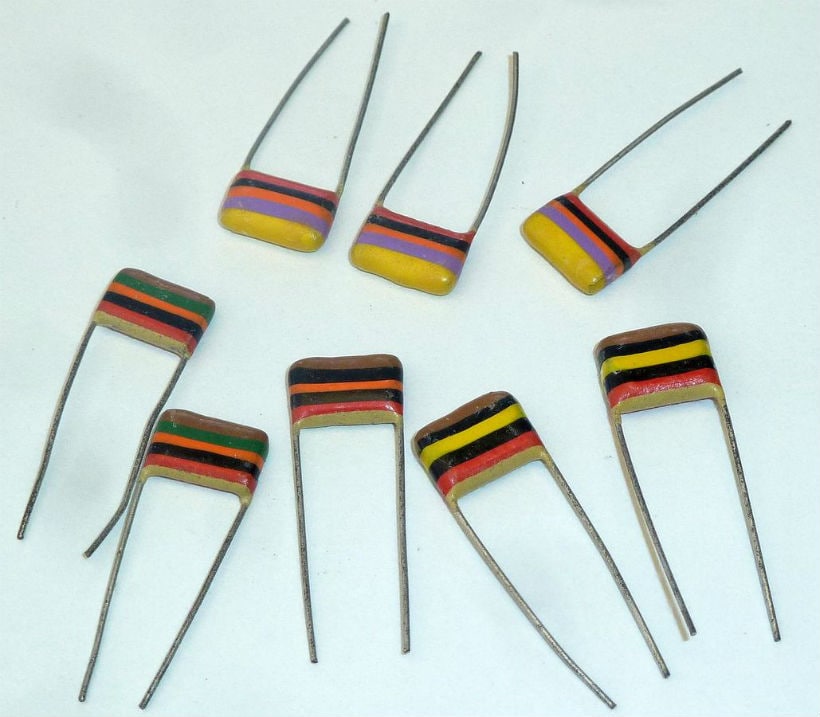In the world of electrical engineering, the choice between using a capacitor or a battery is a crucial decision. While both devices store and release electrical energy, capacitors offer unique advantages that make them indispensable in various industries. In this article, we will delve into the reasons why using a capacitor over a battery can be advantageous, exploring their characteristics, applications, and benefits.
- Rapid Energy Transfer:
One of the key advantages of capacitors is their ability to rapidly transfer energy. Unlike batteries, which require time to charge and discharge, capacitors can quickly store and release electrical energy. This feature makes capacitors ideal for applications that demand high power bursts, such as camera flashes, electric vehicles, and defibrillators. By leveraging the rapid energy transfer capability of capacitors, these devices can operate efficiently and reliably. - Enhanced Lifespan:
Capacitors outshine batteries when it comes to lifespan. While batteries degrade over time due to chemical reactions, capacitors do not suffer from the same limitations. With proper maintenance, capacitors can last significantly longer, making them a cost-effective choice in the long run. This advantage is particularly valuable in critical systems, such as aerospace and medical equipment, where frequent battery replacements may not be feasible or practical. - High Efficiency:
Efficiency is a crucial factor in many applications, and capacitors excel in this aspect. Unlike batteries, which experience energy losses during charging and discharging cycles, capacitors exhibit minimal energy losses. This high efficiency translates into reduced power wastage and improved overall system performance. Industries that prioritize energy conservation, such as renewable energy systems and electric grid stabilization, can greatly benefit from the use of capacitors. - Size and Weight Considerations:
In today's fast-paced world, miniaturization is a common trend across industries. Capacitors offer a significant advantage in terms of size and weight compared to batteries. Due to their compact design, capacitors can be easily integrated into small electronic devices, allowing for sleek and portable products. Additionally, in applications where weight is a critical factor, such as aerospace and automotive industries, capacitors provide a lightweight alternative to batteries, contributing to improved efficiency and performance. - Environmental Friendliness:
As the world increasingly focuses on sustainability, the environmental impact of energy storage devices becomes a significant consideration. Capacitors are generally more environmentally friendly than batteries. Unlike batteries, which contain toxic chemicals and heavy metals, capacitors do not pose the same level of environmental hazards. Additionally, capacitors can be recycled more easily, reducing electronic waste and promoting a greener future.
Conclusion:
In conclusion, capacitors offer a range of advantages over batteries, making them a preferred choice in many industries. Their rapid energy transfer, enhanced lifespan, high efficiency, compact size, and environmental friendliness set them apart. By understanding the unique benefits of capacitors, engineers and designers can harness their power to create innovative and sustainable solutions for a wide array of applications. So, the next time you consider energy storage options, remember the power of capacitors and their ability to revolutionize the way we store and utilize electrical energy.

